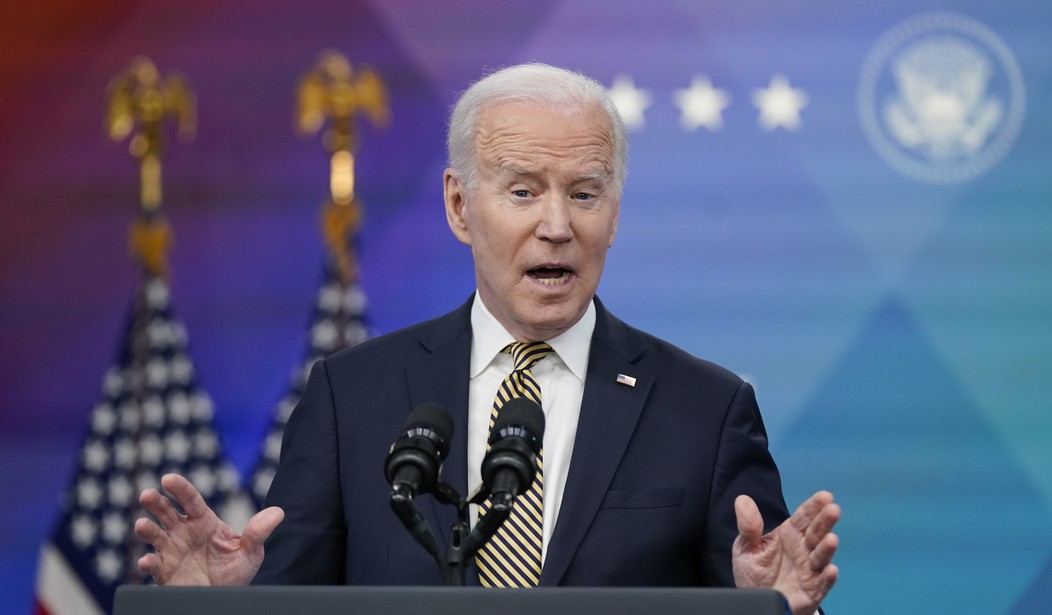In his State of the Union (SOTU) Address, President Joe Biden addressed the decades-long opioid epidemic. In doing so, he became only the second president to outline some type of plan to combat deaths from overdoses. Over 100,000 Americans died from overdoses between April 2020 and 2021.
More importantly, Biden acknowledged a vital key to tackling the crisis: harm reduction. He remarked that the United States must increase “funding for prevention, treatment, harm reduction and recovery.” Harm reduction is vital for addressing the opioid epidemic, but it also must be applied to an ever more deadly epidemic: smoking. Unfortunately, efforts by American public health agencies and billionaire philanthropists refuse to acknowledge tobacco harm reduction.
Each year, an estimated 480,000 Americans die from disease and health ailments related to tobacco products, namely combustible cigarettes. This nearly five times more than the number of Americans that died from an overdose. While America has made strides in combatting this epidemic – smoking rates among adults have decreased by 32.6 percent, from 22.7 percent in 1995, to 15.3 percent in 2020 – millions of Americans continue to smoke to this day.
Unfortunately, due to Biden’s own Food and Drug Administration (FDA) and a massive misinformation campaign influencing lawmakers across the country, adult smokers are actively blocked from legally accessing tobacco harm reduction products. All the while, deadly combustible cigarettes remain available for retail sale.
Recommended
In 2021, the FDA issued marketing denial orders to nearly one million flavored e-cigarette products. FDA’s denials were based on a claim of a lack of evidence that adults use these products to “overcome the public health threat posed by the well-document, alarming levels of youth use of such products.”
These denials were issued to products that had, per the agency’s own standards, been available for sale since August 8, 2016 – or two years before the supposed “youth vaping epidemic.” Staggeringly, after all those denials, the FDA authorized a modified risk tobacco order for – get this – combustible cigarettes.
The FDA is not the only entity responsible for wiping out adult access to safer harm reduction products. Former mayor and billionaire philanthropist Michael Bloomberg has funneled over a billion dollars into snuffing out tobacco, while spending hundreds of millions to vaporize tobacco harm reduction products.
Bloomberg has long financed the anti-tobacco Campaign for Tobacco-Free Kids (CTFK), with the organization being one of the recipients from the initial $125 million donation the former NYC mayor made in 2006 to fund a “worldwide campaign against smoking.”
This anti-kid-smoking-campaign has essentially morphed into a war against tobacco harm reduction products for adults. In 2018, CTFK spent nearly $2 million and Bloomberg spent $1.8 million on a campaign in favor of Proposition E in San Francisco, which banned the sale of flavored tobacco and vapor products.
Interestingly, this flavor ban has actually led to an increase of tobacco cigarette smoking in the city. Between 2017 and 2019, current combustible cigarette use among San Francisco high school students increased by 38.3 percent.
Yet, Michael Bloomberg supports harm reduction for opioids – as the major funder of Vital Strategies (VS). VS is very anti-tobacco harm reduction but pro-opioid harm reduction. In its 2019 annual report, VS highlighted its investigative journalism reports on e-cigarette maker JUUL while simultaneously noting that it supported “a harm reduction approach to reduce overdose deaths in two states.” In 2021, VS doubled down declaring that tobacco harm reduction products such as e-cigarettes and heated tobacco products were “placing children and adolescents in harm’s way.”
Harm reduction shouldn’t be applied to one public health epidemic, but not the other. Take for example how, in 2019, VS partnered with hospitals in Pennsylvania to launch a network to coordinate and “offer patients with opioid use disorder the highest standards of treatment and care coordination.” Compare this to the United Kingdom, where the government is providing vaping kits to smokers at hospitals. Yet, in October, 2021, VS expressed that it was “disappointed by the [FDA’s] decision to authorize the marketing of an e-cigarette product.”
Harm reduction should apply to all risky behaviors, from cigarette smoking to opioid abuse. After all, both are forms of substance abuse. As Biden acknowledged the 23 million Americans in recovery during his State of the Union address, it’s time for him and policymakers to acknowledge the 34.1 million American adult smokers and not prohibit harm reduction for them.
Lindsey Stroud is Director of the Taxpayers Protection Alliance’s Consumer Center.

























Join the conversation as a VIP Member